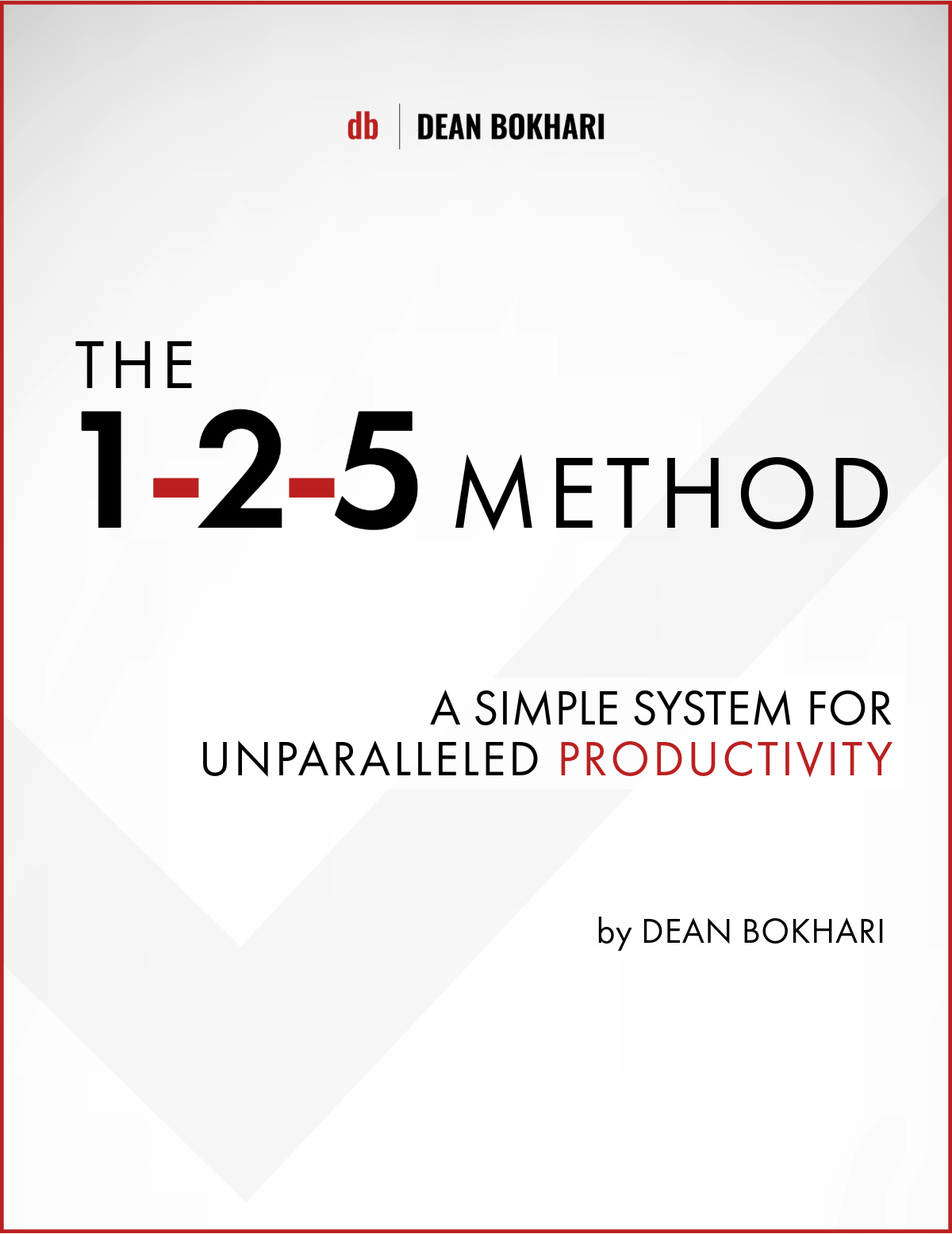A Close Look At The Different Ways To Power Your Business
Collaborative Post
Nowadays, you would find some difficulty finding any business that did not run on technology to some degree. Even if it’s just to keep the lights on and the workplace heated up, every business has power needs that they need to consider. What’s more, every option they have to power their business comes with its own pros and cons.
Here, we’re going to look at the five primary means of powering your business: running it off the grid, having your own private supply, using combined heat & power, on-site solar power, and the various other natural resources that your business can use. We’re going to take a look at the technology used for each of them, their pros and cons, and whether they might be the right solution for your business.
Keep reading to learn more about which of the five main methods of powering your business might be the right one for you.

Getting power from the grid
The most traditional approach to powering a business, and the dominant source of energy for general use, including in the home, connecting your business to the grind means getting your power through a network of lines, directly supplied by a power supplier. Depending on where you are, you may have access to a range of suppliers on the grid, allowing you to compare and choose the best one for your budget.
One of the main benefits of being on the grid is that it’s highly convenient. No matter where you situate your business, you’re likely to find that your property already has an existing connection to it, meaning that you can instantly get access to the power that you need. The grid does tend to be fairly reliable, as well, meaning that outages aren’t going to be all that common, but blackouts do happen. Many places are pushing their grids to become greener as well.
That said, some of the drawbacks include the fact that the grid might not produce enough energy for certain industrial uses, such as manufacturing floors. You also have a lack of control over the energy of the grid, not just in price and regulatory changes, but if the power goes down, all you can really do is wait for the energy companies to get it back up, which can mean longer downtime for your business.
Running it on a generator
Some businesses choose to bypass the grid and take their energy needs into their own hands, whether by working with a private supplier or by installing a generator of their own. The latter tends to be most popular for those who work with heavy industrial needs, and machines that need more power than the everyday electrical appliance. There are generators of all kinds and sizes that can help you meet the specific energy needs of your business. It’s best to get an idea of how much energy you need to spend before you purchase one.
With a generator, you’re typically going to save a lot of money if you’re using it for industrial purposes, as the costs of going on the grid with these highest usage rates can result in very high bills. What’s more, they offer some security. You’re not like those on the grid, who are going to be left high and dry in the event of a blackout. That said, you do have to take care of the maintenance of your power supply, yourself, and it does come with some high upfront install costs.
In reality, a lot of businesses use a hybrid approach, using the grid to supply general everyday needs, such as keeping the lights on and the computers running, while generators are more popular for powering industrial machines, like those used in manufacturing, agriculture, and more. This way, you can mix and match the benefits of both methods.

Combined Heat & Power systems
Somewhat similar to generators are Combined Heat & Power appliances, which is also known as cogeneration. Like generators, they generate electricity, but they are also built to provide usable heat at the same time. In particular, the heat comes from the methods used to burn that energy for the power that supplies your workplace. While the right generator may be enough to power your business alone, with a CHP, you typically need other sources of power to work alongside it.
There are plenty of advantages to using a CHP for your business. They come with the same cost-benefits as a generator when it comes to creating on-site electricity, allowing you to become self-sustainable, power industrial equipment more cost-effectively, and ensure that you have backup power in the event that your connection goes down. The fact that your system generates both electricity and heat means that you’re going to be a lot more efficient when the cold seasons come around.
That said, CHPs are not perfect. If you’re looking to meet very high energy needs, then a traditional generator is an easier way to ensure that you get the power you need. What’s more, CHP have much higher upfront costs, as a result of higher installation fees, as well as higher maintenance costs. CHPs also tend to be one of the least environmentally friendly ways to power your business, which could make it a regulatory risk in the future.
Solar energy
A lot of people are becoming a lot more cognizant of their desires to go green, to use renewable technologies and power sources where possible, both in the home and in the business. While solar power is becoming a lot more accessible and affordable for those at home, how does it suit the modern business?
Solar power uses the energy generated by sunlight, capturing it in photovoltaic cells that convert the heat from that sunlight into energy. Panels of these cells are situated on site, whether it’s on the roof or in a wide open space, whichever allows for more access to the sun. There are also companies that provide private connections to already existing grids of solar panels, but these are less popular.
One of the biggest benefits of using solar energy is, of course, the environmental benefits. If you can become 100% or even 50% reliant on solar energy, it can greatly decrease the environmental impact of running your business. Many states and councils are moving to incentivize solar energy, as well, and there may be things like tax incentives or grants to help you invest in solar energy. Solar panels do allow for some means of independence from the grid, as well, even if it’s not entirely. For those looking to ensure independence, a combination of solar power and using a generator may benefit most.
However, solar panels come with a high upfront cost and do require regular maintenance. What makes them a tricky option, more than anything, however, is the fact that they are entirely weather-dependent. You need to make sure that your business property and where you situate your panels get enough exposure to sunlight to make them effective in the first place. This may depend on your geography.

Other renewable energy sources
While solar might be the most popular form of renewable energy provision, it’s far from the only one. Other businesses are harnessing power sources such as wind, hydro, tidal, and geothermal energy to meet their needs. As with solar energy, the eco-friendliness of these options is one of their biggest draws, and renewable energy tends to not fluctuate in price. In some ways, this can make natural resources a more stable and reliable option than the often volatile market of the grid and fossil fuels.
On the other hand, if you’re looking at anything besides solar, then you’re looking at niche options. Not only do they have fewer providers, meaning that you have fewer options, but the price is also likely to be higher because it’s a highly specialist form of energy installation. Depending on where you are, you might not even have access to some forms of renewable energy.
Like solar, other forms of renewable energy can be highly weather dependent, as well. In fact, some, such as wind, can be less predictable than solar power, so you have to consider the climate of your business, as well, before choosing.
So, which means of powering your business works best for you?
Meeting your business energy needs is going to come down to a few factors. Price is a major one. Companies with more capital at the ready and easy access to natural resources, whether it’s wind, geothermal or plenty of sunlight could see long-term savings by investing in them, but not every business is going to be able to make those initial financial commitments.
The energy usage of your business plays a big role, too. If you’re using industrial machines, for instance, it’s likely to be more convenient and easy to get what you need from a private energy supply. Consider the pros, cons, and specific use cases of each to work out which is best for you.
—End of collaborative post—
✨ New Series: How to Become an Early Riser
- Discover key methods to make early rising a habit
- How to wake up early + energized every morning
- Morning routines for health + success
Free self-development courses
👇
Tap on any of the courses below to start learning how to:
- boost your productivity (with GTD),
- get focused (with Deep Work),
- or learn the art of influencing others (with the How to Win Friends & Influence People course.)
All for free.
👇
Free life guides
👇
Best-selling Self-development courses by Dean Bokhari
Kill procrastination.
|
Get stuff done.
|
Get motivated.
|
Connect with anyone.
|
freshly pressed:
Top Audiobooks narrated by Dean Bokhari on audible | |
Book summaries
- The Power of Habit by Charles Duhigg
- 12 Rules for Life by Jordan B. Peterson
- Presence by Amy Cuddy
- Leaders Eat Last by Simon Sinek
- The ONE Thing by Gary Keller, Jay Pasan
- Deep Work by Cal Newport





































